Are you feeling burned out? You’re not alone.
Halifax-based psychologist Dr. Dayna Lee-Baggley defines burnout as “the effect of chronic stress over time.”
“Burnout has the aspect of emotional exhaustion, cynicism, which is kind of like the ‘why bother,’ and then difficulty getting things done,” she explains.
“So I think it really does capture what a lot of people are experiencing in this point of the pandemic.”
She says health care workers have some of the highest rates of burnout, and it was already a factor before COVID-19 arrived.
“Health care workers are great at stepping up and doing what they need to in a crisis, but nobody can survive in crisis mode for this long,” she states.
Lee-Baggley says their symptoms of some are similar to what soldiers experience when they return from war.
“I think this is our next major crisis, is there will literally not be enough people to run the health care system because they are all too burned out to function, even if they wanted to.”
“And I really think we have to stay away from just focusing on individual employee level interventions,” she adds. “We need organizational, systemic level interventions to address the problems in health care.”
Lee-Baggley, who authored a book called Healthy Habits Suck: How to Get Off the Couch and Live a Healthy Life…Even If You Don’t Want To, says treating burnout goes beyond just getting some rest.
“It’s reigniting a sense of meaning and purpose, it’s reconnecting to people who are important to you, and it’s integrating the experiences of the pandemic into our understanding of ourselves,” she states.
She says everybody has ups and downs, and this is often a difficult time of year, but if you’re feeling stuck, it may be time to get help.
Some people have coverage to see a mental health professional through their workplace benefits, which she stresses in confidential.
“And there are some free resources that the Government of Canada and some provincial governments have made available to people,” Lee-Baggley says.
“At our own clinic, we’ve switched to doing these self-paced learning courses, so people can learn some basic skills without having to interact with a psychologist, which increases access,” she added. “And we do group interventions because that lowers the cost per person.”





